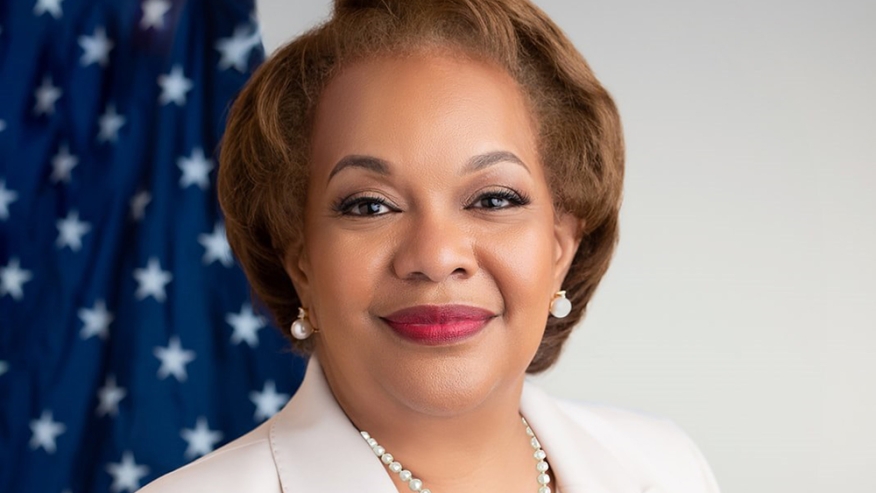
FHFA Hits Pause On Planned Fee Hike

Industry experts say GSEs should abandon the DTI fees move.
The Federal Housing Finance Authority has backed away from a planned May 1 fee hike that faced heavy opposition from independent mortgage brokers. FHFA Director Sandra L. Thompson announced the hike will be delayed until at least Aug. 1.
The FHFA has taken a number of steps since January 2022 to update Fannie Mae and Freddie Mac’s (the Enterprises) single-family guarantee fee pricing framework with a special focus on upfront fees. In January 2023, FHFA announced redesigned and recalibrated grids for upfront fees in addition to a new upfront fee for certain borrowers with a debt-to-income (DTI) ratio above 40%. These updated pricing grids include the upfront fee eliminations announced in October 2022 to increase pricing support for purchase borrowers limited by income or by wealth.
At the time, Thompson said the changes will strengthen the “safety and soundness” of the GSEs by “enhancing their ability to improve their capital position over time.”
Bob Broeksmit, president of the Mortgage Bankers Association, said, “While we appreciate the delay, we are disappointed that FHFA’s statement did not recognize the need to consider alternatives to using a debt-to-income pricing adjustment. From the beginning, MBA has emphasized to FHFA that DTI-based loan level price adjustments simply are not workable for lenders and borrowers alike.
“DTI can fluctuate throughout the mortgage application and underwriting process, and FHFA’s new fees will inevitably lead to borrowers’ costs changing between application and closing, requiring multiple redisclosures that will increase compliance costs and confuse borrowers. We will use the extra time offered by the change in the effective date to continue working with FHFA to explore alternatives that will not pose undue hardships on borrowers and lenders.”
"CHLA very much appreciates this 3-month delay by FHFA in pricing changes for GSE borrowers with higher Debt to Income Ratios,” said Scott Olson, executive director of the Community Home Lenders of America (CHLA). “This delay will give IMBs more time to adjust to the complications created by this DTI pricing differential, and we continue to call on FHFA to reconsider this fee hike."
In an interview for an upcoming issue of Mortgage Banker Magazine, David Stevens, CEO of Mountain Lake Consulting, expressed apprehension about the new FHFA guidelines for loan level price adjustments (LLPAs). A former CEO and president of the MBA and a senior vice president at Freddie Mac, Stevens says that he’s most reserved about the fact that this is Fannie and Freddie’s first attempt at a cross-subsidy pricing strategy.
“[This means] better credit quality borrowers are going to get increases in order to subsidize the fee reductions for lesser credit borrowers,” Stevens said. “For example, a person with less than a 640 credit score on a purchase with 5% down is going to see an improvement in the LLPA by 1.75%. Today it’s a 3.5% fee in that specific bracket, but the new implementation will reduce the fee by half. But at the same time, if you’re a 740-760 FICO score with a larger payment like 15-20%, they are adding three-quarters of a point to all those borrowers.”



